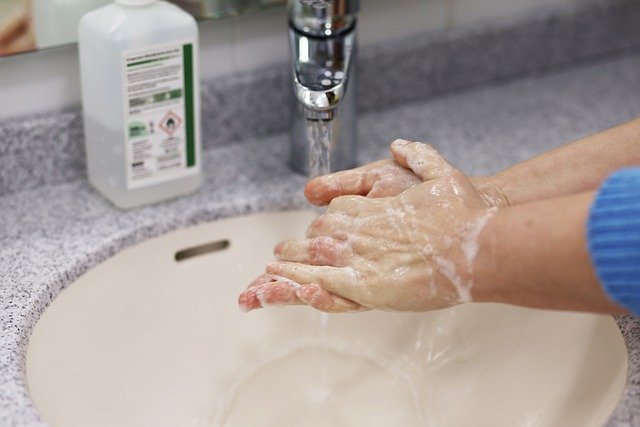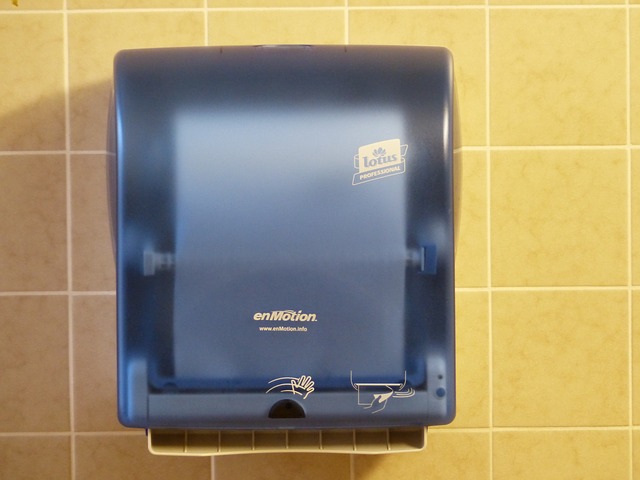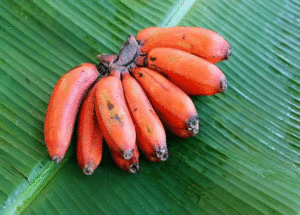Coronaviruses (CoV) are a family of human disease-causing viruses. It ranges from the common cold to extreme respiratory-like Middle East Respiratory Syndrome (MERS-CoV) and Severe Acute Respiratory Syndrome (SAR-CoV). The novel 2019 coronavirus (COVID-19), now officially called the Coronavirus 2 Severe Acute Respiratory Syndrome (SARS-CoV-2). It was detected at the end of 2019 in Wuhan, China. It comes as no surprise that people are seriously panicking with coronavirus spreading around the planet. Coronavirus triggers a disease known as COVID-19 for the uninitiated. This has fever, cough, runny nose and shortness of breath. The scientifically misleading knowledge on coronavirus and how it can be prevented/cured from spreading on social media and some inept news outlets just makes matters worse. Continue reading for the common myths about coronavirus to help you cut through the overwhelming amount of misinformation.
From Where
Coronaviruses are widespread in humans and in animals alike. There are a huge number of species believed to be the source of coronavirus.
SAR-CoV was transmitted from civet cats for example, and MERS-CoV derived from camels. Animal coronaviruses that affect humans are, however, very uncommon. Often coronaviruses affecting animals can be transmitted to humans and develop into a new coronavirus–like the novel coronavirus–in 2019.
How COVID-19 Spread?
COVID-19 can spread from person-to-person through respiratory droplets. When an infected person coughs or sneezes, if the droplets land in the mouths or noses of people nearby (who are in close contact, within 6 feet), there are high chances of them being exposed to the COVID-19 virus.
One can also be exposed to COVID-19 by coming in contact with a surface or object that has the virus on it. Fortunately, unlike other highly transmissible diseases, this virus cannot remain airborne for long.
There are currently no studies to support its spread across food. This virus does not spread from food products or other items that are transported over days or weeks or consumed after long hours because of its poor survivability.
Scroll down for the myths about coronavirus help you cut through the overwhelming amount of misinformation.

Myths About Coronavirus
Read below for some of the myths about coronavirus.
1. Coronavirus does not pose a greater risk than seasonal flu
Although it’s true that coronavirus symptoms are no worse than seasonal flu symptoms, the mortality rate is higher. Though seasonal flu kills less than 1% of those infected, the WHO stated that 3.4% of COVID-19 identified patients died globally (as of March 4, 2020). And, yes, any flu-like symptoms you have at this stage need to be taken a little more seriously.
2. Coronavirus is man-made
Don’t believe everything you read on Facebook and WhatsApp, please. Conspiracy theories are rife regarding the origins of coronavirus. Although many outside China claims it is a bioweapon being produced and leaked in a Chinese laboratory, the counter-argument on Chinese social media is that it has been published by the US. The hypotheses have been refuted by scientists on both sides.
While the exact origin of coronavirus is still unknown, experts say it possibly originated in bats and moved to another host, much like SARS in 2003, before passing on to humans.
3. Pets can spread coronavirus
Presently, there is no scientific evidence can animals like dogs and cats can get infected by a coronavirus. Regardless, wash your hands with soap and water after touching your pets as a precautionary measure.
While this coronavirus outbreak is serious, it is important to educate yourself and stay calm. Panicking will make not only you but also everyone else around you anxious. Follow the preventative measures laid out by trusted medical agencies and wash your hands as often as possible to prevent infection.

4. Hand dryers are able to get rid new coronavirus
No, they can not destroy the new coronavirus by hand dryers. They just blow out warm air and are not built to destroy icro-organisms of any sort. They can actually be harmful as we suck up the bacteria and spread them around the room (7). Therefore, if anyone in the bathroom is infected with coronavirus coughs or sneezes, the hand dryer sucks up the mucus and saliva droplets that they expel and spread through the room. It might only further spread the virus.
The safest course of action, therefore, is to wash your hands with soap and water or to disinfect them regularly with a sanitizer to protect yourself from this virus. Then, dry them using a paper towel.

5. A hot climate can kill coronavirus
US President Donald Trump has indicated that coronavirus is not capable of living at higher temperatures and is likely to die out by April. Public health experts warn, however, that there is not enough knowledge about this novel virus and there is no way to tell if heat will kill it.
6. Persons infected with coronavirus will die
As stated earlier, the coronavirus mortality rate is 3.4 percent, and as time goes by, it is expected to decline. Death records arising from this virus are more uncommon. However, it can cause severe respiratory problems in elderly people, young children, and people with weakened immune systems, such as pneumonia and bronchitis.
Since thousands of cases have been identified and the virus continues to spread, even a mortality rate of 3 percent is a cause of concern.
7. Home remedies can cure coronavirus
Although garlic, water, and vitamin C are great for your wellbeing, it won’t cure or protect you from coronavirus by consuming them. Some such “remedies” making rounds on social media are that you will destroy the virus by covering the body with sesame oil, chlorine or alcohol, which is not valid.
Chemical disinfectants such as chloroform, bleach, peracetate acid, alcohol solvents, and 75% ethanol can be used to destroy the virus on other surfaces. Nevertheless, do not add these to your body in any circumstances. Not only does it not destroy the virus inside your body already, but it can also be very harmful as well.
8. Within a few months, a vaccine will be available
While a coronavirus vaccine is being produced and tested on animal models, it will take much longer to test it on humans to detect any side effects and make it available commercially. In reality, if we had it within a year, it would be easy. Right now the safest course of action is to avoid it from spreading.
9. Pneumonia vaccines will protect against coronavirus
Furthermore, pneumonia vaccines such as the pneumococcal vaccine and Haemophilus influenza type B (Hib) vaccine do not perform on coronavirus. A vaccine is currently being produced for this extremely new virus.
10. You have to be around an infectious individual for 10 minutes to get infected
While medical flu recommendations say that you need to be within 6 feet of an infected person (who sneezes and/or coughs) for at least 10 minutes to get infected, you may become infected with the coronavirus by shorter interactions. The virus may also be obtained from infected surfaces. Hence, make sure you have your hands washed and sanitized as much as possible.
So, these are some common myths about coronavirus to help you cut through the overwhelming amount of misinformation.
Although this outbreak of coronavirus is a serious one, educating yourself and keeping calm is crucial. Panicking can bring fear not only to you but to everyone else around you. Take the prevention steps that reputable medical organizations have set out and wash your hands as much as possible to avoid infection.
Also Read: Know The Symptoms And Prevention Of Coronavirus













